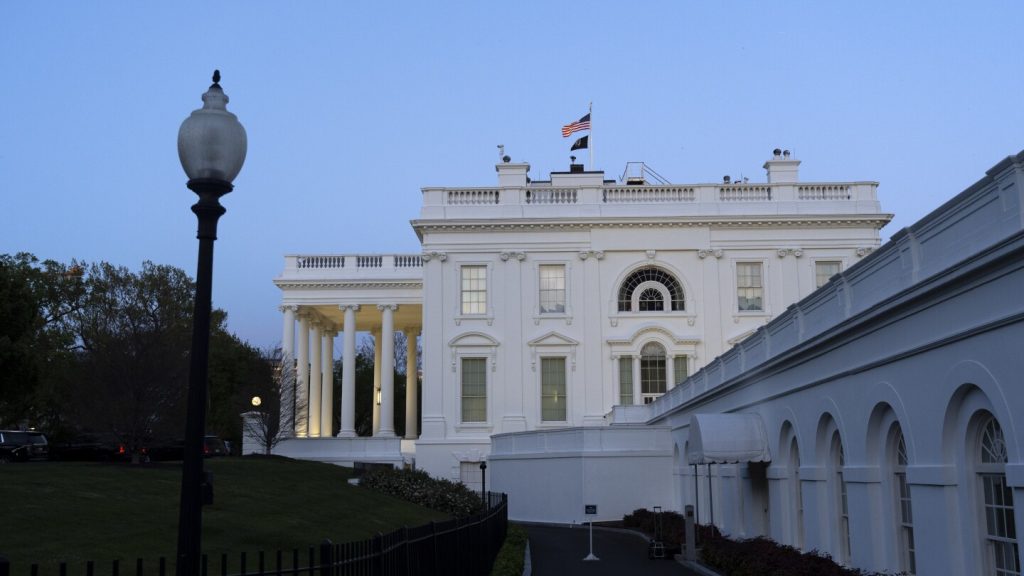The Biden administration has struck a deal with Samsung Electronics to provide up to $6.4 billion in direct funding for the development of a computer chip manufacturing and research cluster in Texas. This funding is part of a larger investment totaling over $40 billion, with the goal of reviving the production of advanced computer chips domestically. The project is expected to propel Texas into a state-of-the-art semiconductor ecosystem and aims to produce 20% of the world’s leading-edge chips in the United States by the end of the decade.
Commerce Secretary Gina Raimondo announced that the project will create at least 17,000 construction jobs and over 4,500 manufacturing jobs. Samsung’s cluster in Taylor, Texas, will consist of two factories producing four- and two-nanometer chips, along with a research and development facility and a packaging facility for chip components. The first factory is set to begin production in 2026, followed by the second in 2027. Additionally, the funding will expand an existing Samsung facility in Austin, Texas.
Lael Brainard, director of the White House National Economic Council, highlighted that Samsung will have the ability to manufacture chips in Austin directly for the Defense Department, addressing national security concerns regarding access to advanced technology. The U.S.-China competition has increased the importance of domestic chip production. In addition to the $6.4 billion in funding, Samsung is also expected to claim an investment tax credit from the U.S. Treasury Department. This initiative follows previous terms to support other chipmakers such as Intel and Taiwan Semiconductor Manufacturing Co. in various projects across the country.
The announcement of this funding for Samsung’s chip manufacturing and research cluster in Texas underscores the Biden administration’s commitment to revitalizing domestic semiconductor production and advancing technological innovation. The government support provided through the CHIPS and Science Act aligns with the administration’s goal of strengthening the U.S. semiconductor industry and reducing dependence on foreign sources for critical technology. By partnering with major companies like Samsung, the U.S. aims to secure its position as a global leader in semiconductor manufacturing and maintain a competitive edge in the evolving tech landscape.
The strategic investment in semiconductor manufacturing in Texas not only promises job creation and economic growth but also advances national security interests by ensuring the availability of cutting-edge technology for defense purposes. Samsung’s expansion in Texas will contribute to the development of a robust semiconductor ecosystem, creating opportunities for innovation and collaboration in the chip industry. With a focus on producing state-of-the-art chips domestically, the United States is taking proactive steps to secure its technological future and strengthen its position in the global semiconductor market.
As the project moves forward, the Biden administration’s support for Samsung’s chip manufacturing cluster in Texas is expected to have far-reaching implications for the U.S. semiconductor industry. By fostering partnerships with tech giants like Samsung and providing substantial financial backing, the government aims to drive innovation, create high-quality jobs, and establish a secure and resilient semiconductor supply chain. The collaboration between the public and private sectors in advancing semiconductor technology underscores the importance of strategic investments in critical industries to ensure U.S. competitiveness and technological leadership in the digital age.


